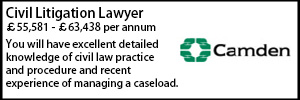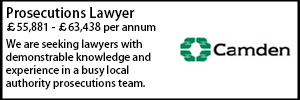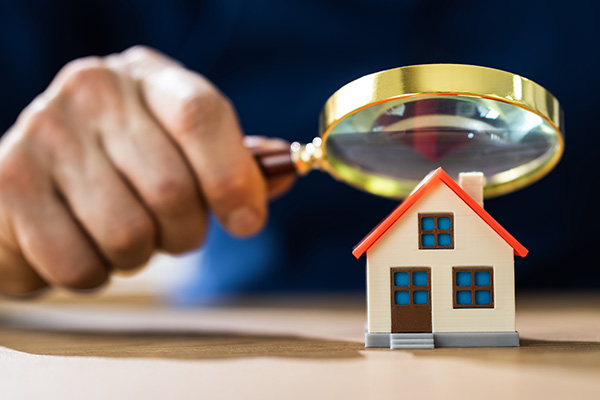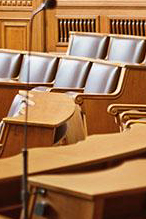Must read
Remote licensing hearings are lawful, High Court rules
- Details
The High Court has dismissed a challenge to a licensing authority’s use of remote hearings. Matt Lewin explains what this means for licensing authorities.
Since 2020, the use of video conferencing technology to hold licensing hearings has become widespread. Walk Safe Security Services Ltd v London Borough of Lewisham [2024] EWHC 1787 (Admin) was the first case to reach the High Court in which the lawfulness of that practice was challenged.
Challenge to remote hearing procedure
The Appellant – the owner of South London nightclub, Silks – held a premises licence which was revoked in late 2022, following an application for summary review by the Metropolitan Police.
As it had done consistently since the onset of the pandemic, the hearing before the London Borough of Lewisham’s Licensing Committee took place remotely, using Microsoft Teams.
The Appellant appealed against the revocation. Among its grounds of appeal was a challenge to the use of a remote hearing procedure.
That issue was considered as a preliminary issue by DJ Abdel Sayed sitting at Bromley Magistrates’ Court, who ruled that remote hearings were permitted under the Licensing Act 2003 and the Licensing Act (Hearings) Regulations 2005.
The Appellant appealed against the District Judge’s ruling to the High Court. The appeal was heard by Chamberlain J in May 2024.
Remote hearings are lawful
In dismissing the appeal, the judge held that remote hearings are lawful:
- In the absence of an express statutory definition of “hearing” in either the Act or the Regulations, in principle the term “hearing” could be applied both to an in-person hearing and a remote hearing using video conferencing technology [44].
- Although the Regulations require a hearing to be held in a “place”, that word is not defined either and nor is it accompanied by words connoting a single geographical location (unlike the provisions for ordinary local authority meetings held under the Local Government Act 1972). Without such qualifying language, an online platform could properly be described as a “place” [45].
- Section 9(3) of the Act and Regulation 21 of the Regulations – which permit a licensing committee to regulate its own procedure – reflect an intention to confer maximum procedural flexibility, subject to any contrary provision in the Regulations. Therefore the question for the court was not whether remote hearings were permitted but whether they were expressly prohibited. In the court’s judgment, there was no clear indication in the Regulations that remote hearings were precluded [47].
- A licensing authority is obliged to act fairly and in accordance with procedural rights to a fair hearing under Article 6 ECHR. This requires the licensing authority to consider whether a remote hearing can be held in a way which is fair to all parties: where it would not be, it is obliged to consider alternative arrangements [48].
- The fact that express provision for remote hearings had been made in Wales did not affect the interpretation of the Act and Regulations insofar as they apply to England. The Welsh provisions simply show how one would draft a provision if the legislator’s intention was to put beyond doubt the question whether “hearing” includes a remote hearing [42].
What does it mean for licensing authorities?
The ruling means that all licensing authorities in England and Wales are authorised to hold licensing hearings remotely – either fully remotely or a hybrid procedure (with some participants attending a physical location and others joining through video conferencing technology).
Although the judgment clearly establishes the principle that remote hearings are lawful, it contains only limited guidance on the practicalities of holding a remote hearing. What is clear, however, from the court’s reference to procedural fairness, is that authorities should have a written protocol, setting out:
- criteria for holding an in-person hearing, fully remote hearing or hybrid procedure
- what constitutes valid attendance by members of the committee, parties to the hearing, officers and members of the public
- how access to the hearing by members of the public will be ensured
- additional measures to ensure that a remote hearing will not result in unfairness any party to the hearing
Matt Lewin, a member of Cornerstone Barristers’ Licensing Team, represented the London Borough of Lewisham in the High Court and the magistrates’ court, having acted as legal adviser to the Licensing Committee.
In the High Court, Matt was led by Stephen Walsh KC of 3RB Chambers. His instructing solicitors were Krishna Pancholi and Rachel Lyne at Browne Jacobson.
Matt will be hosting a webinar at 10am on 22 July 2024 to discuss the implications of the judgment for licensing authorities. To register, please click here.
 Court of Protection Property and Financial Affairs Webinar Series: Contested Statutory Will Application - 39 Essex Chambers
Court of Protection Property and Financial Affairs Webinar Series: Contested Statutory Will Application - 39 Essex Chambers
02-03-2026
Online (live)
 Housing and Homelessness Conference - Birmingham 2026 - 4-5 Gray's Inn Square
Housing and Homelessness Conference - Birmingham 2026 - 4-5 Gray's Inn Square
03-03-2026 9:30 am
East Midlands
 Law Enforcement Data Processing and Part 3 of the DPA 2018 - Act Now
Law Enforcement Data Processing and Part 3 of the DPA 2018 - Act Now
05-03-2026 10:00 am
Online (live)
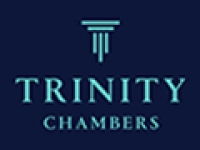 Cross-Border Placements of Children - Justin Gray, Trinity Chambers
Cross-Border Placements of Children - Justin Gray, Trinity Chambers
05-03-2026 3:00 pm
Online (live)
 The Case for Ecocide Law: In Conversation with Gerard Forlin KC and Jojo Mehta - Cornerstone Barristers
The Case for Ecocide Law: In Conversation with Gerard Forlin KC and Jojo Mehta - Cornerstone Barristers
05-03-2026 5:00 pm
London
 Grappling with S73 - variations of conditions applications or appeals - Ivy Legal
Grappling with S73 - variations of conditions applications or appeals - Ivy Legal
09-03-2026
Online (live)
 HMPL Building Blocks: Tenancy Management – Assignment, Mutual Exchange and Succession - Devonshires
HMPL Building Blocks: Tenancy Management – Assignment, Mutual Exchange and Succession - Devonshires
12-03-2026
Online (live)
 AI and Information Governance: Bridging Innovation and Compliance - Act Now
AI and Information Governance: Bridging Innovation and Compliance - Act Now
12-03-2026 10:00 am
Online (live)
 Damages and other remedies in claims against HE institutions - 3PB
Damages and other remedies in claims against HE institutions - 3PB
12-03-2026 11:00 am
Online (live)
 Housing Act 2004 & the Private Rented Sector – where are we now? - Cornerstone Barristers
Housing Act 2004 & the Private Rented Sector – where are we now? - Cornerstone Barristers
16-03-2026 11:00 am
Online (live)
 Property Law Nuts and Bolts webinar series - Forfeiture - Landmark Chambers
Property Law Nuts and Bolts webinar series - Forfeiture - Landmark Chambers
17-03-2026
Online (live)
Locums
Poll
Register for event alerts
On demand webinars
Employment webinar: Managing settlements: the legal and practical issues, and the pitfalls to avoid
Defending Age Assessment Challenges: A Guide for Local Authorities
Awaab’s Law and Fitness for Human Habitation – the same, but different?
Service Charge Disputes and Forfeiture: Pitfalls, Practicalities, and Procedure
Public Rights Over Land Conference 2025
A Lawyer’s Toolkit for Unfair Prejudice Petitions: From Pre-Action to Trial
The Planning and Infrastructure Bill – what’s in, what’s out and will it work?
Devolution and Local Government Reorganisation: the planning perspective
18-03-2026 1:00 pm
22-04-2026 11:00 am
01-07-2026 11:00 am




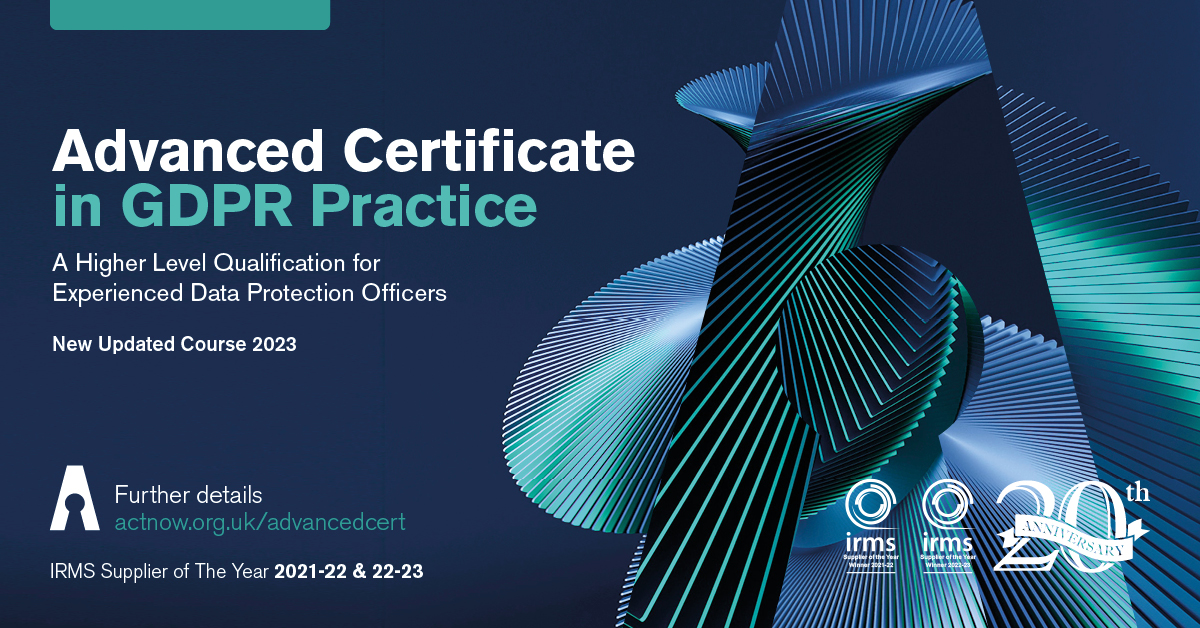





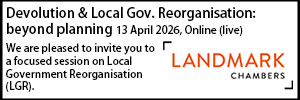

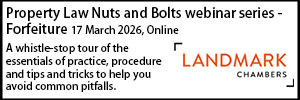

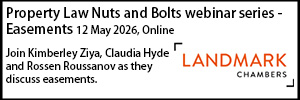


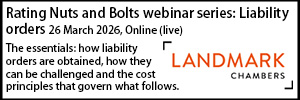
















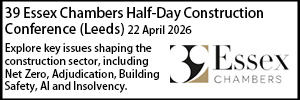


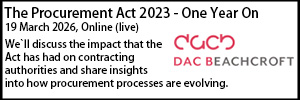







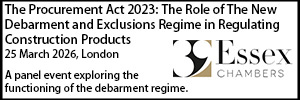










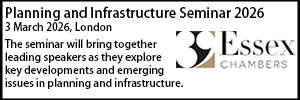

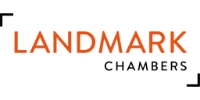 The SEND White Paper: the legal perspective - Landmark Chambers
The SEND White Paper: the legal perspective - Landmark Chambers  The General Data Protection Regulation - Act Now
The General Data Protection Regulation - Act Now  Data protection Conference - Hugh James
Data protection Conference - Hugh James  Contract modifications under the Procurement Act 2023 - DWF
Contract modifications under the Procurement Act 2023 - DWF  Certified Data Protection Officer Training (CDPO) - The Training Centre
Certified Data Protection Officer Training (CDPO) - The Training Centre 